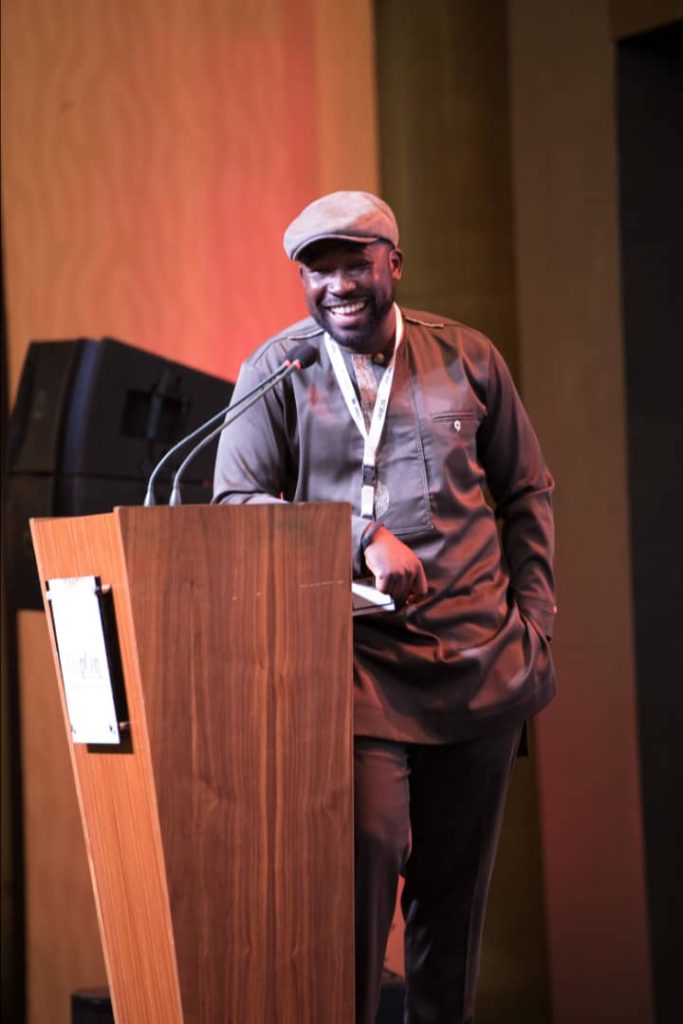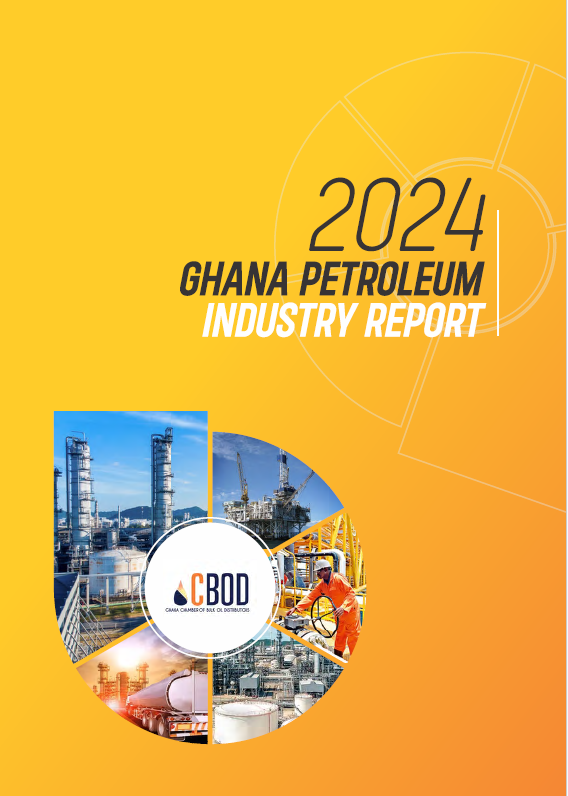Below is the speech given by Mr Senyo Hosi, the CEO of the Ghana Chamber of Bulk Oil Distributors at the 2019 AGM.
Madam Chair, august members and owners of the Chamber, it is with much honour that I present my fifth address at the fifth AGM of our Chamber as its CEO. I have been privileged to be the first CEO, but more importantly, to have worked with the great team of staff and the graciousness of our membership. I wish to take this opportunity to say a big thank you to my team and to our members whose funding and cooperation have sustained us this far.
Madam Chair, the CBOD has over the five years grown into a formidable policy analysis, industry strategy, lobby and advocacy body. As such, the CBOD has earned its place on the table of policy making to enable the aspirations and interests of members to be effectively represented in policy and regulations. We are represented on the Ministry of Energy’s Advisory Board, the NPA Board Committees, the Ministry of Finance National Tax Dialogue Committee and many other policy and industry committees, task forces and platforms.
It is very easy for members to consider the secretariat as an external and separate entity. This we believe is misplaced because the Chamber is owned by members and as such is a part of the individual member companies. More importantly, the function of the Chamber is an amalgamation of a necessary function which hitherto would have had to be undertaken by individual BDCs at a higher cost and at a largely lower measure of effectiveness.
Our presence at the table of policy has enabled us better influence and shape policy in pursuit of the interest of our members. We have quenched fires before they started, we have diverted arrows before they pierced, we have built defences to keep safe the beautiful beaches of our members; but many a time, little is known or seen by the broader membership as we are often constrained by the oaths of secrecy and discretion required of us; the management of information from the privileged access we have been graced with.
This has significantly affected the commitment of some membership who often than not think of the Chamber as one with the sole objective to collect the payment of Government’s indebtedness to BDCs. It is therefore not surprising that funding for the Chamber saw its most difficult year in 2018, with outstanding receivables at about 40% of subscriptions for the period. We expect to recover most of this through the expected receipts from government’s final payments of its indebtedness to BDCs (RVF and FLURI).
As a secretariat, we are very concerned about the commitment of members after the conclusion of all major collections of government’s indebtedness to BDCs, which we anticipate occurring in the second quarter of 2019. It is imperative that we review and reconstruct our value proposition to our membership and improve on our communication and member engagements to ensure continuous connection and appreciation of the role of the Chamber.
We have taken steps by initiating a survey to procure feedback on membership assessment and expectations of the Chamber, to enable us to restructure ourselves, our programmes and services to our membership. We take this opportunity to urge all members to cooperate with our research team to make this exercise productive.
Madam Chair, forex and trade credit risks pose the most formidable threat to the commercial sustenance of the industry and can easily revert all gains made by the removal of most subsidies through deregulation, and the payments of most government liability to BDCs. Our continuous speculative positioning in setting FX rates in our pricing is not a functional way to manage a business that accounts for 15 – 20% of a country’s import bill. The pursuit of the Oil FX market and CREPT projects which are aimed to address these challenges will remain our priority for 2019.
Madam Chair, the regulatory framework for the entire downstream has evolved beyond the legal structures envisaged in the NPA Act 291. We will therefore cooperate with the National Petroleum Authority and the Ministry on the revision of the development of a new law to govern the entire downstream space, with an object to promote commercial and regulatory efficiency, as well as fairness to petroleum service providers. The Ghanaian content policy passed recently by cabinet remains a concern for membership as its contents are yet to be fully shared with members. We wish to assure our membership that the secretariat shall ensure a fair implementation of any such policy in a manner that does not negatively vary or affect our current members. We believe in Ghanaian content and also believe in the principle of fairness and as such, we shall ensure that the economic interest of our existing membership who have been fully compliant with the local content regulations as of the time of their entry shall be fully protected.
As we continue to participate in the broad policy space, we shall continue to work with government to foster a fair policy and regulatory ecosystem for all industry players. The deregulation policy which we championed has been operational for about 4 years with various relevant issues emerging. As the industry rapidly evolves, we find it imperative to trigger an active discourse reviewing the implementation of deregulation for the necessary adjustments to assure industry growth and efficiency.
Madam Chair, we are confident that 2019 presents us with potentially the most constructive of our years, as our targeted interventions are structured to ensure the continuous sustainability of membership. We therefore urge all to continue to cooperate and support the CBOD as we pursue the collective interests of members.
CBOD





